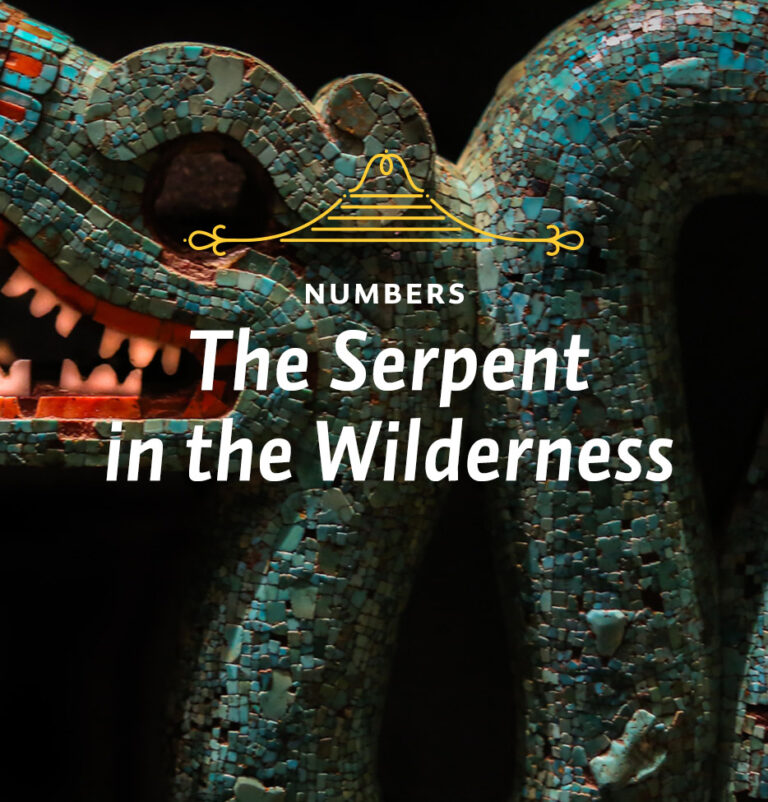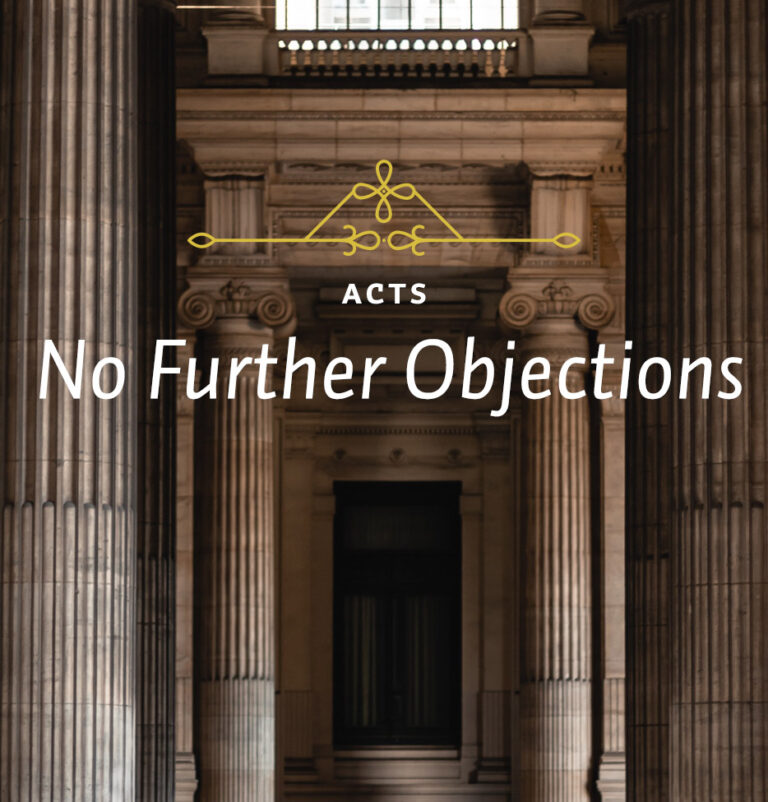
Monday: A Strange Story: Numbers 21:4-9
Numbers 20, which records the deaths of Miriam and Aaron, as well as Moses’ sin of striking the rock, which resulted in God’s punishment of not being allowed to enter the promised land, was a chapter of almost unremitting gloom. But in chapter 21 this mood begins to change because here we have the beginning of the actual march upon Canaan and the first victory, leading up to the full possession of the promised land.






